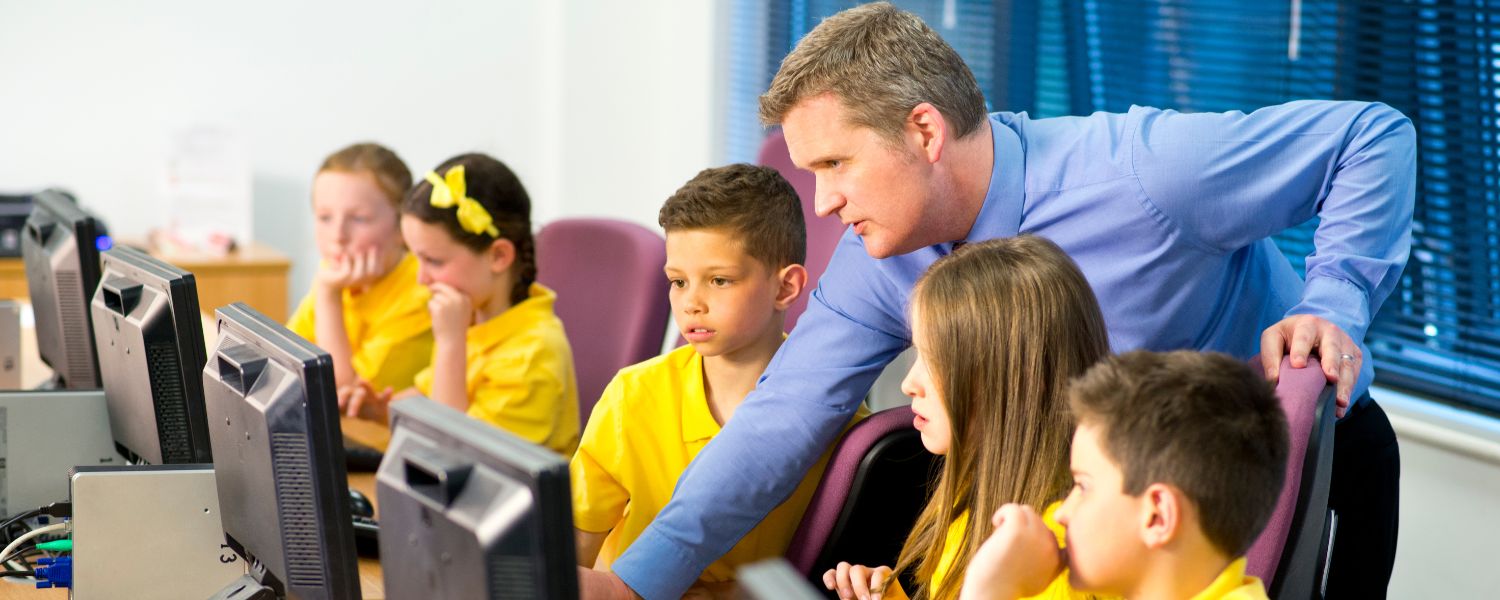
In recent years, the educational landscape has experienced a significant shift, marked by the rise of distance learning and online education as pivotal elements. As traditional brick-and-mortar schools adapt to the demands of the digital age, students from Prep to Year 12 are increasingly turning to alternative education models. This article explores the various advantages of distance learning, shedding light on how it caters to the diverse needs of students in their formative years.
1. Flexibility and Convenience

Distance learning provides unparalleled flexibility and convenience for students from Prep to Year 12. In traditional classrooms, rigid schedules may conflict with personal commitments or extracurricular activities. However, online learning platforms, such as those employed by Faith Christian School of Distance Education, empower students to create a customised study routine. Live lessons are always recorded for future reference and when students miss a lesson.
This adaptability fosters a sense of responsibility and independence early on as students learn to manage their time effectively. The ability to pace oneself through lessons allows for a deeper understanding of the material, catering to individual learning styles and preferences.
2. Personalised Learning Experience

A hallmark of distance education is the personalised learning experience it affords. Faith Christian School of Distance Education employs adaptive evaluations, personalised learning routes, and tailored resources to meet the individual needs of every student.
This approach ensures that students grasp concepts thoroughly and encourage a love for learning. Customising education to cater to specific strengths and weaknesses of each student increases the likelihood of sustained engagement and motivation, establishing a foundation for continuous and lifelong learning.
3. Access to a Diverse Curriculum

Due to resource limitations or logistical challenges, traditional schools may need help offering a diverse curriculum. In contrast, online distance learning breaks down these barriers, providing students access to many subjects and electives.
For instance, Faith Christian School of Distance Education leverages digital platforms to offer an extensive curriculum, enabling students to explore their interests, delve into advanced courses, and pursue niche subjects that might not be available in a conventional school setting. This diversity broadens students’ horizons and prepares them for a dynamic, globalised world.
4. Enhanced Technology Skills

Engaging in online learning naturally cultivates proficiency in various digital tools and technologies. It also builds awareness so students can navigate the online world with safety and discernment. Faith Christian School of Distance Education students become adept at navigating online platforms, collaborating on virtual projects, and utilising various digital resources.
These skills are invaluable in the 21st century, where technology is central to education and the workplace. Distance education equips students with the digital literacy needed to thrive in an increasingly tech-driven society by integrating technology seamlessly into the learning process.
5. Individualised Attention and Support

Providing individualised attention can be challenging in traditional classrooms with large student populations. However, distance education facilitates one-on-one interactions between students and educators. Faith Christian School of Distance Education prioritises personalised support, ensuring each student receives the needed attention.
This personalised method promptly tackles academic hurdles and nurtures a supportive learning atmosphere, encouraging students to confidently ask questions and seek clarification without hesitation. The close connection between students and teachers contributes to a positive educational experience, promoting a sense of belonging and academic confidence.
6. Safe Learning Environment

Distance learning mitigates many safety concerns associated with traditional schooling. The online learning environment minimises issues such as bullying, peer pressure, and exposure to potentially harmful situations.
Faith Christian School of Distance Education prioritises creating a safe and inclusive space for students, allowing them to focus on their studies without the distractions and stressors that can arise in a physical school setting. This emphasis on a secure learning environment promotes emotional well-being and allows students to flourish academically without the anxieties that may accompany traditional schooling.
7. Cost-Effective Education

For many families, the cost of education is a significant consideration. Distance learning often proves to be a more economical option, offering financial relief by eliminating expenses associated with commuting, school uniforms, and certain school supplies.
Additionally, online resources are often more affordable than traditional textbooks, reducing families’ financial burden. Faith Christian School of Distance Education recognises the importance of providing quality education without undue financial strain, making education more accessible and ensuring that economic factors do not hinder a student’s ability to receive an excellent education.
8. Preparation for Higher Education

Distance learning serves as a solid foundation for the challenges of higher education. The self-discipline and time management abilities honed through online education are vital prerequisites for achieving success in higher education at college or university levels.
Faith Christian School of Distance Education strongly emphasises preparing students not only academically but also equipping them with the skills and mindset needed for the transition to higher education. By instilling a sense of responsibility and autonomy in their learning journey, students are better positioned to navigate the demands of post-secondary education, setting the stage for continued success in their academic pursuits.
9. Inclusive Learning Opportunities

One of the significant strengths of distance education lies in its capacity to dismantle geographical limitations. Faith Christian School of Distance Education extends its reach to students in remote or underserved areas, providing inclusive learning opportunities that may not be readily available through traditional means.
This inclusivity creates a rich and diverse learning community, fostering cultural exchange and understanding among students from different backgrounds. By ensuring that quality education is accessible to a broader demographic, distance education contributes to a more equitable educational landscape where every student can thrive and reach their full potential. Read more to know about the career benefits of distance learning.
Conclusion
The benefits of distance learning for students in Prep to Year 12 are manifold. The flexibility, personalised approach, and diverse opportunities offered by online distance learning contribute to a well-rounded educational experience.
Faith Christian School of Distance Education serves as a testament to the transformative influence of embracing digital education, catering to the evolving needs of students and preparing them for a future that demands adaptability, technological proficiency, and a strong foundation of knowledge. As the educational landscape undergoes constant change, it’s evident that distance education stands as a potent instrument, moulding students’ academic paths and equipping them for success in the future ahead.
